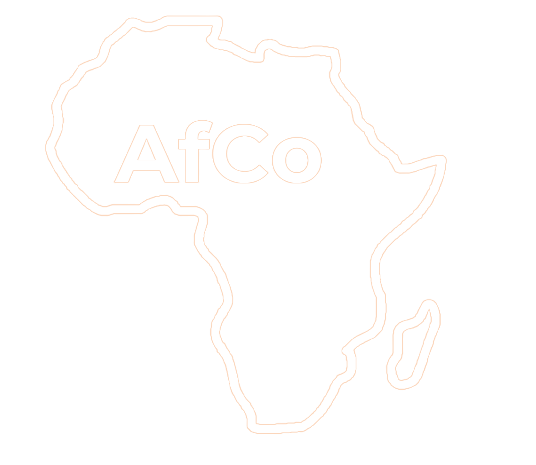Reform States and Arab-Islamic Education in Africa
Whilst it was sitting for a long time on the sidelines of national policies in Africa, Arab-Islamic education is now an education option that is becoming more and more important. Indeed, it is a key structure for the socialization of children and young people. Through a multitude of institutions, this type of education is currently enjoying renewed interest from a wide range of stakeholders with different profiles, motives, operating methods and sometimes competing, or even antagonistic, orientations.
Afrique Contemporaine examines this seldom-treated subject in the African context and opens up new avenues of multidisciplinary research. Analyses focus on relations between States and Arab-Islamic education, quantifying and qualifying this educational choice, individual and parental strategies, acceptance of the female public, Qur’anic school systems in Senegal, factors influencing clerics’ attitudes towards reforms, and lastly the consequences of the rise of the Islamic reformist movements for “traditional” Qur’anic schools in the north of Nigeria. In addition to the special feature, Cédric Baylocq and Aziz Hlaoua shed light on the new ambitions of African religious diplomacy in Morocco; whilst Nadia Belaidi takes a look at cross-border areas in Southern Africa.
